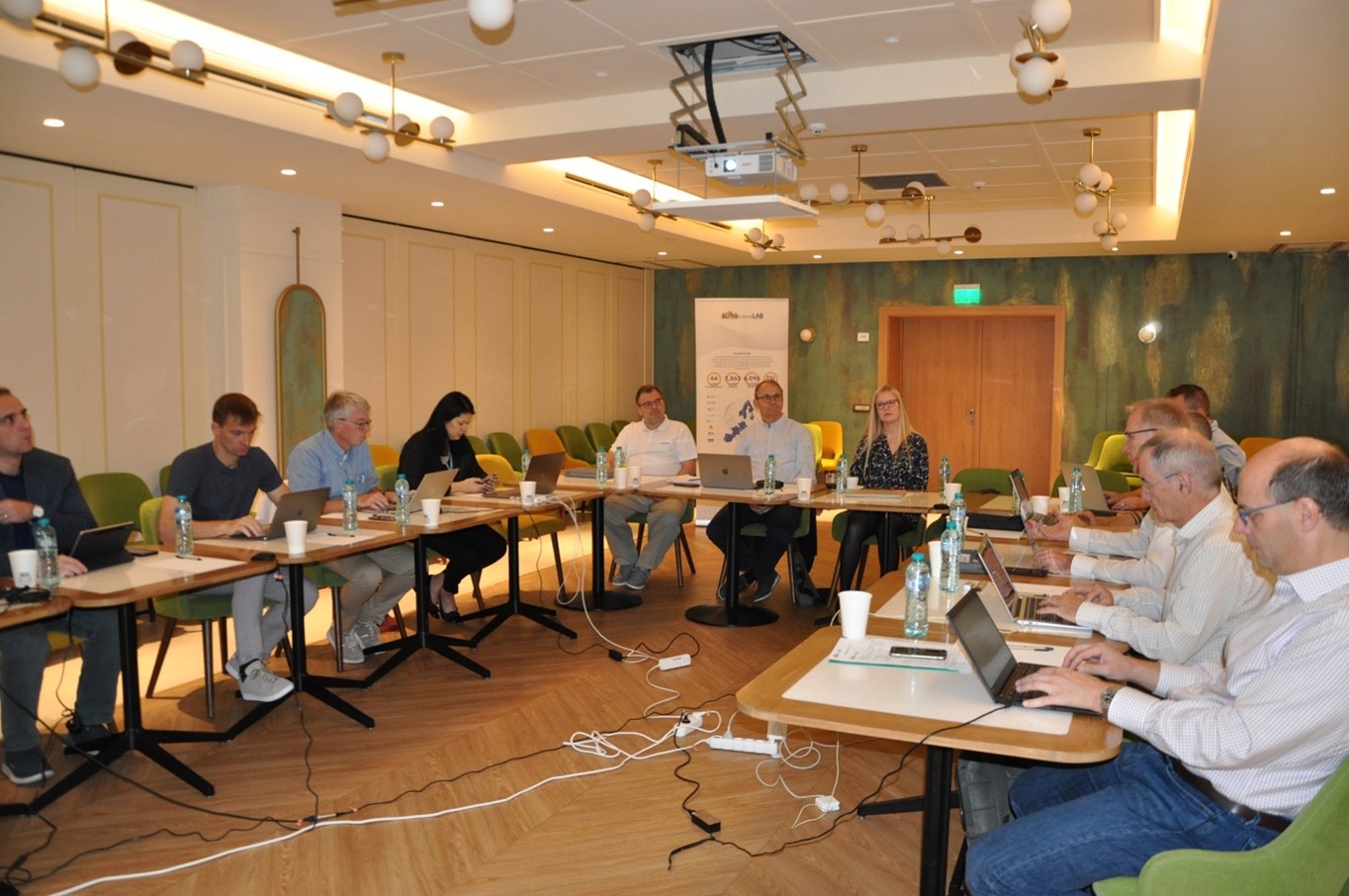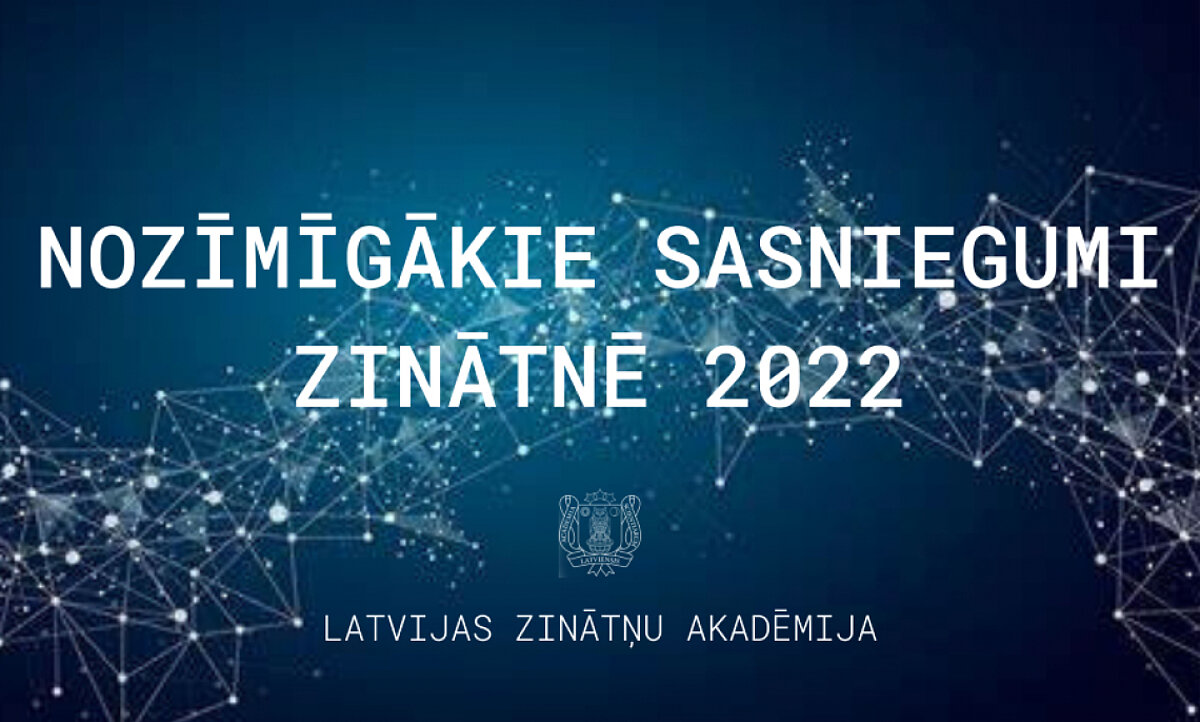The ISSP UL director, Dr. phys. Andris Anspoks attended the EuroNanoLab Steering Committee meeting on October 10 in Sinaia, Romania. During the meeting, the members elected a new chair and discussed further development strategy as well as work done and projects funded.
The topics of the meeting focused on plans for the following year as well as the progress made within the Expert Groups and various EuroNanoLab projects. External guests representing the United Kingdom, Belgium and Denmark joined the meeting to discuss their interest in joining EuroNanoLab and the conditions.
During the meeting, Vittorio Morandi from CNR Bologna was elected as the new chair of EuroNanoLab. Participants discussed the most important activities of the EuroNanoLab. It was agreed that among those are expert groups in dry etching, lithography, data management, and training.
For example, this year, Aleksejs Bendins from ISSP UL’s Micro and Nanodevices Laboratory attended the EuroNanoLab Dry Etch expert group. He was very optimistic about possibilities to exchange experience, establish direct contacts and transfer knowledge. The data management group where ISSP UL (Valdis Korsaks, head of the Infrastructure Department) is also an active participant has plans on how to consolidate data about tools and processes available in the EuroNanoLab consortium.
The training group started activities only this year. The frame is set up to collect and work with e-learning (online learning) content, including hands-on training materials. There are plans for dry etching (and other topics in future) training school for advanced-level experts. There is also a plan to set up an expert group for the Lithography experts. EuronanoLab expects that lithography and training groups will become very active in 2024 and will lead to more fruitful outcomes.
Within the Steering Committee meeting, there were two workshops: one for the EuroNanoLab Web page and communications (led by Ondřej Hradil), the other for Benchmarking data collection from all members (led by Andris Anspoks). The outcome will be used in further activities, including content updates and data collection from the members in 2024.
During the meeting, the successful application of EuroNanoLab for the HORIZON-INFRA-2023-SERV-01-01 call was discussed. The proposal RIANA is coordinated by DESY (Germany). The RIANA consortium encompasses 56 beneficiaries offering access to 69 infrastructures in 22 European countries where ISSP UL is on the list. The most important task is to understand all conditions for user access to the Nanotechnology Centre of ISSP UL and then to promote its services.



